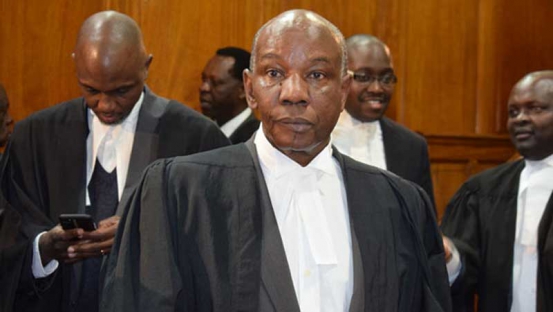×
The Standard e-Paper
Home To Bold Columnists

We are staring at anxious days for businesses on the wait for the Supreme Court to make its determination on the Presidential petitions.
Tense because we could, as a country, we are on the edge waiting for the end of the political roller-coaster and the resultant usual baggage on the economy. Investors are holding their cash waiting for clarity before committing capital to projects. However, sooner were are finished the better it gets for everyone and the economy.